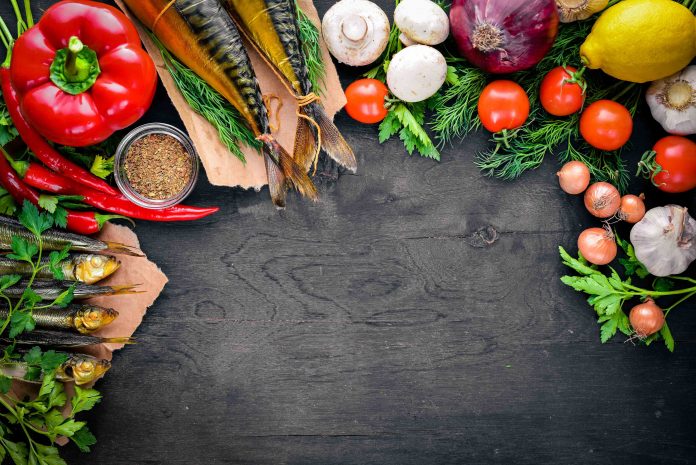There’s plenty to ponder in a recently published state-of-play marketing skills report, writes Mark Dodds
It’s difficult to think of an industry which is more understood, yet at the same time misunderstood, than marketing.
In our analogue past, consumers knew what marketing was and even how it worked. It was the adverts we saw on TV and read in newspapers and magazines and perhaps some direct mail which came through the door. But with the explosion of digital marketing there are now more tools and techniques available than ever. For the profession, that has represented an enormous opportunity – but it doesn’t come without its challenges.
Businesses in the food and drink sector have more routes to market than ever, more ways to engage and more ways to convert. Marketeers start out with the advantage of having a receptive audience (who doesn’t like to eat and drink?) Many of us actively seek out food and drink related content.

So more than ever, the food and drink sector needs marketeers with the right suite of skills to maximise those opportunities. It’s a fiercely competitive marketplace, and food and drink producers and brands increasingly rely on creative and digital savvy marketeers to help them gain the advantage over their competitors.
So how are marketeers shaping up? And what impact has the pandemic had on their skills levels and ability to deliver?
To answer these questions, the Chartered Institute of Marketing teamed up with Target Internet in 2018 to begin a regular skills benchmarking exercise. It’s the world’s largest and most thorough digital marketing skills benchmark – and has to date assessed the skills of more than 7,200 professionals working in a broad range of sectors and roles.
This month, we’ve just published the latest report and it will make for interesting reading for food and drink producers, suppliers, retailers and brands.
First, the bad news. Skills, especially in digital, have mostly stagnated or declined in the last two years. This is true across the board and in the food and drink sector specifically. In a marketing landscape where change is the only constant, this should act as a wakeup call.
If anything, the pandemic elevated the status of marketing. As everything changed – how we shopped, how we worked and how we engaged with each other – so the need for digital marketing only increased.
But upskilling in most areas of marketing, especially at more junior levels, didn’t happen to the extent required. While we saw an uptick in skills levels in one area (general marketing, which was up by 7 percent) in almost all sectors and job levels the picture was the opposite.
In the food and drink sector, skills levels dropped by 6 percent in both analytics and data and content marketing, while social media fell by 8 percent. And that industry wide improvement in general marketing wasn’t replicated in food and drink – where skill levels actually plummeted by 19 percent between 2020 and 2021. Digital strategy, online advertising, ecommerce, email marketing and SEO skills remained largely flat. The sector recorded improvements in just two areas, pay per click and usability, of 9 percent and 6 percent respectively.
Overall, our segmentation of marketing professionals put 50 percent of those working in the sector in the very bottom of the report’s five quintiles. The truth is marketing professionals cannot sit on their current skillset and progress. Marketing technology, search engines and social media platforms will continue to innovate at pace. And consumer use of digital channels will only increase further.
The future winners in the food and drink industry will be those who accept this reality and who invest fully in the training and development of their marketing teams. Public perceptions of marketing may not change very much, but that probably doesn’t matter. Perhaps, in the end, what we do in marketing really is less important than how we do it.




